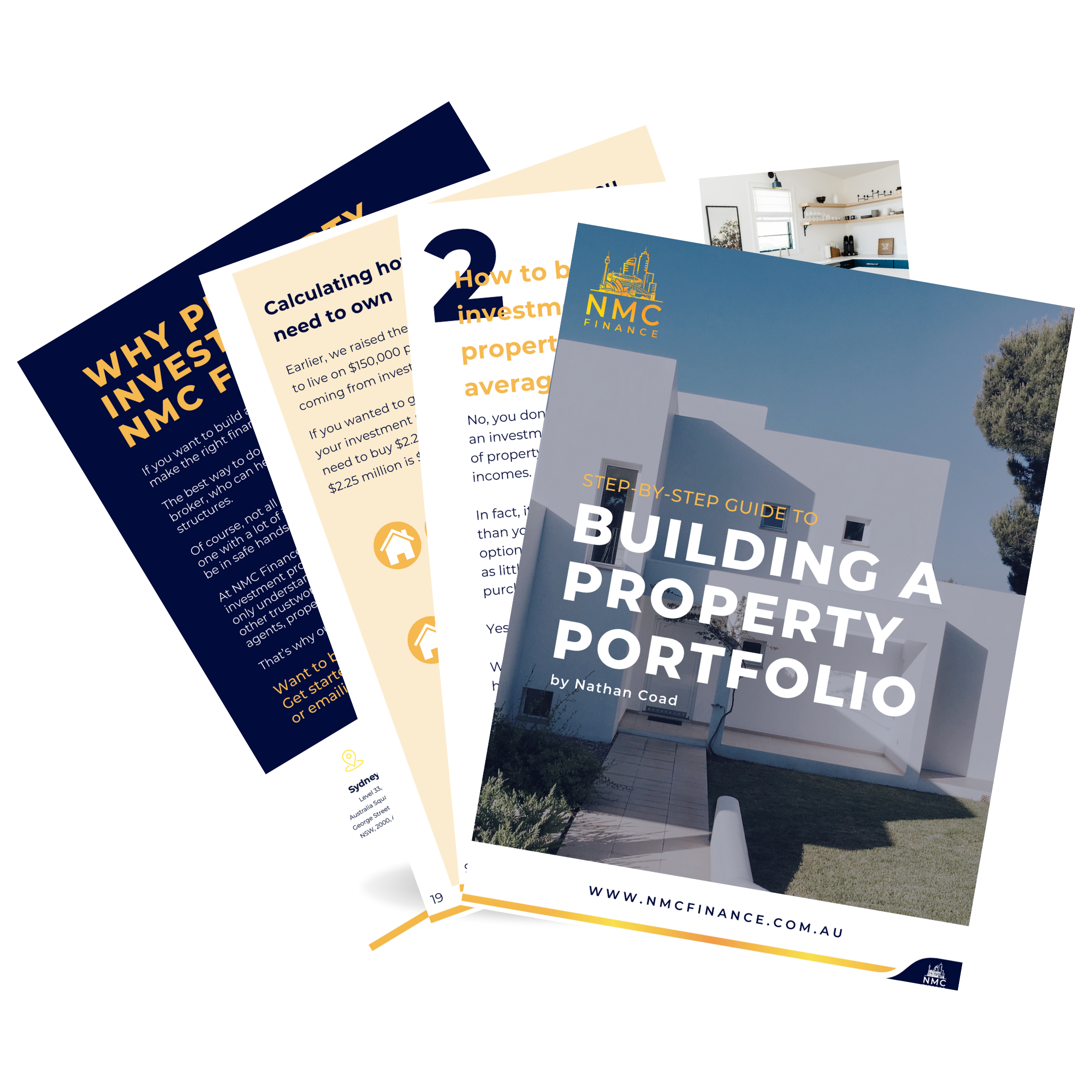Refinancing has been a hot topic lately, largely thanks to increasing interest rates over the last 12 months. But it’s not just a buzzword or a magic fix; refinancing your mortgage is a financial decision that can significantly impact your future. Which begs the question: When does refinancing make sense? To help navigate these changing times, we’ve identified scenarios where refinancing may be a savvy move and situations where it may not be beneficial.
Signs It Might Be Time to Refinance:
- Lower interest rates: If current market rates are notably lower than the rate on your existing mortgage, it’s an indicator that refinancing could be a wise choice. A lower rate can lead to decreased monthly payments and less interest paid over the life of the loan.
- Facing the mortgage cliff: If you’re coming off a fixed-rate period for your home loan and facing significantly higher repayments thanks to RBA rate rises, refinancing may help reduce the burden. Acting swiftly and refinancing may help secure better terms than the revert rate can offer.
- Improved credit score: If you’ve put in the hard yards and significantly improved your credit score since you obtained your home loan, you may qualify for better interest rates and terms when refinancing as your new credit score reflects better financial management.
- Shortening the loan term: Refinancing can also be an opportunity to shorten the length of your loan. If you can now afford higher monthly repayments, refinancing to a shorter loan term may be beneficial. Switching from a traditional 30-year loan to a shorter 15-year loan can save money on interest and pay off your loan faster.
- Switching loan types: Changing from a variable to a fixed-rate mortgage or vice versa can offer stability or potential interest savings, depending on current market conditions and financial goals.
- Cashing out equity: If your home’s value has appreciated since your initial purchase, you may have built up equity. In this scenario, refinancing can be a worthy option to help you access this equity for home improvements, debt consolidation, or other financial needs.
Evaluating the costs of refinancing
Refinancing can result in substantial benefits for some homeowners, but it’s not a one-size-fits-all fix for lower repayments. If you’re considering refinancing, it’s important to consider application fees, closing costs, and potential prepayment penalties. Before applying, work with a mortgage broker to calculate the break-even point, where your savings on repayments will surpass the costs associated with refinancing.
When Refinancing Might Not Make Sense
It’s crucial to be aware that refinancing is not a quick fix and might not always be the best choice. There are two specific circumstances where refinancing might not be the best option.
- Selling: If you’re planning on selling your home shortly, the potential savings may not justify the costs associated with refinancing.
- Close to loan maturity: Similarly, if you’re already well into your current mortgage and close to the end of your home loan, any potential savings may not justify the cost of refinancing.
- Credit score changes: If your current credit score and financial situation are worse off than when you first applied for your loan, you may not qualify for favourable refinancing terms.
Making an Informed Decision
When deciding whether to refinance, you must carefully evaluate your current mortgage, financial situation, and long-term financial goals. NMC Finance can help you explore the options available and provide a sound understanding of the potential benefits and disadvantages. Ultimately, our goal is to provide you with all the information needed for you to make an informed decision that aligns with your broader financial picture and plans for the future.
* This blog is intended for general informational purposes only. For personalised advice tailored to your unique financial situation, please contact NMC Finance.

